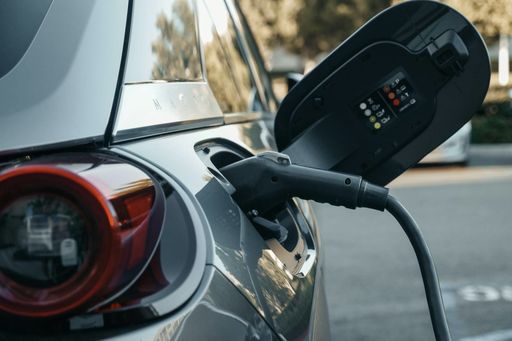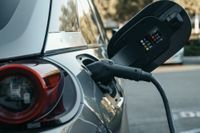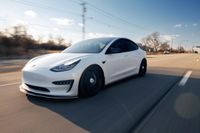New Tesla Cars Fall Apart. The Company Says Drivers Are to Blame
A Reuters investigation reveals how the automaker denied responsibility for the failure of parts it knew were defective

Tesla Shirked Responsibility for Defective Parts
According to a recent report by Reuters, Tesla has been avoiding responsibility for the failures of defective parts, including suspension and steering systems.
The investigation comes after a major recall of 2 million Teslas to address safety issues with the cars' Autopilot features. It was also found that Tesla drivers had the highest accident rate compared to other auto brands over the past year.
Thousands of Tesla documents reviewed by Reuters revealed that despite knowing about design flaws, the company would charge customers considerable fees to repair these known issues.
Tesla Drivers Experienced Steering and Suspension Problems
The Reuters investigation uncovered that tens of thousands of Tesla drivers have faced problems with their steering and suspension in newer cars due to faulty parts.
One incident involved a 2023 Tesla Model Y, which experienced a right-front suspension failure during a slow turn. The owner, who had purchased the car the day before, expressed concern over the potential catastrophic consequences if the failure had occurred on a high-speed highway.
Tesla refused to cover the repair costs and blamed the failure on "prior" damage, often citing "abuse" or "misuse" of the vehicle as reasons to reject warranty repair claims.
Tesla Pressured Employees to Shift Repair Costs to Drivers
Internal communications and testimonies from former service managers and technicians revealed that Tesla pressured its employees to push repair costs onto drivers to save money.
Engineers at Tesla acknowledged the design flaws and attempted multiple redesigns to solve the problems. Despite knowing that the issues originated from their end, Tesla continued to blame owners for supposed preexisting damage.
In China, Tesla recalled a part known to cause suspension failures under pressure from regulators, but did not issue a recall in the U.S. or Europe. Instead, the company claimed that "driver abuse" was responsible for the collapsed suspensions.


